PEN Announces Finalists for Literary Awards
PEN American Center announced this morning the shortlist for its annual literary awards. PEN will award over $150,000 in prize money to emerging and established writers and translators. The winners will be announced on May 13 and honored in a ceremony at the New School in New York City on June 8.
The 2015 awards will be given in seventeen categories, including poetry, poetry in translation, debut fiction, biography, creative nonfiction, children’s literature, and sports writing; the shortlist and longlist of each award is available on PEN’s website. Below are the finalists for a select few prizes:
PEN/Robert W. Bingham Prize for Debut Fiction ($25,000): To an author whose debut work—a first novel or collection of short stories published in 2014—represents distinguished literary achievement and suggests great promise. The judges are Caroline Fraser, Katie Kitamura, Paul La Farge, and Victor La Valle.
Molly Antopol for The UnAmericans (Norton)
Cynthia Bond for Ruby (Hogarth)
Phil Klay for Redeployment (Penguin Press)
Jack Livings for The Dog (Farrar, Straus and Giroux)
Merritt Tierce for Love Me Back (Doubleday).
PEN/Diamonstein-Spielvogel Award for the Art of the Essay ($10,000): For an essay collection published in 2014 that exemplifies the dignity and esteem the essay form imparts to literature. The judges are Diane Johnson, Dahlia Lithwick, Vijay Seshadri, and Mark Slouka.
David Bromwich for Moral Imagination (Princeton University Press)
Ian Buruma for Theater of Cruelty (New York Review of Books)
Charles D’Ambrosio for Loitering (Tin House Books)
Leslie Jamison for The Empathy Exams (Graywolf Press
Angela Pelster for Limber (Sarabande Books)
PEN/John Kenneth Galbraith Award for Nonfiction ($10,000): To an author of a distinguished book of general nonfiction possessing notable literary merit and critical perspective and illuminating important contemporary issues which has been published in 2013 or 2014. The judges are Andrew Blechman, Paul Elie, Azadeh Moaveni, Rahna Reiko Rizzuto, and Paul Reyes.
Danielle Allen for Our Declaration (Liveright)
Mark Fainaru-Wada and Steve Fainaru for League of Denial (Crown Archetype)
Sheri Fink for Five Days at Memorial (Crown)
Jonathan M. Katz for The Big Truck That Went By (Palgrave Macmillan)
Naomi Klein for This Changes Everything (Simon & Schuster)
PEN Open Book Award ($5,000): For an exceptional book-length work of literature by an author of color published in 2014. The judges are R. Erica Doyle, W. Ralph Eubanks, and Chinelo Okparanta.
Rabih Alameddine for An Unnecessary Woman (Grove Press)
Teju Cole for Every Day Is for the Thief (Random House)
Roxane Gay for An Untamed State (Black Cat)
Claudia Rankine for Citizen: An American Lyric (Graywolf Press)
Samrat Upadhyay for The City Son (Soho Press)
PEN America Center has administered its literary prizes for nearly fifty years. Established in 1922, PEN works globally to defend free expression, support persecuted writers, and promote literary culture.





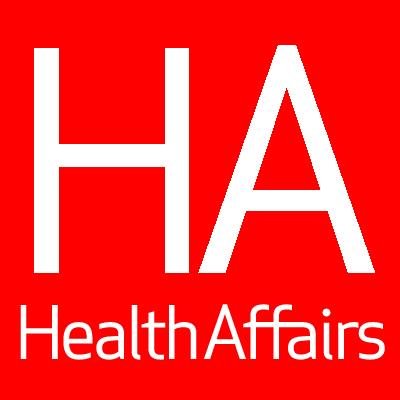 Submit up to three previously unpublished poems, each no longer than a single-spaced page, and a cover letter that includes your name, address, and a brief biography via e-mail to
Submit up to three previously unpublished poems, each no longer than a single-spaced page, and a cover letter that includes your name, address, and a brief biography via e-mail to 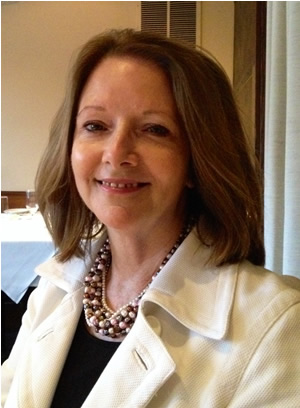
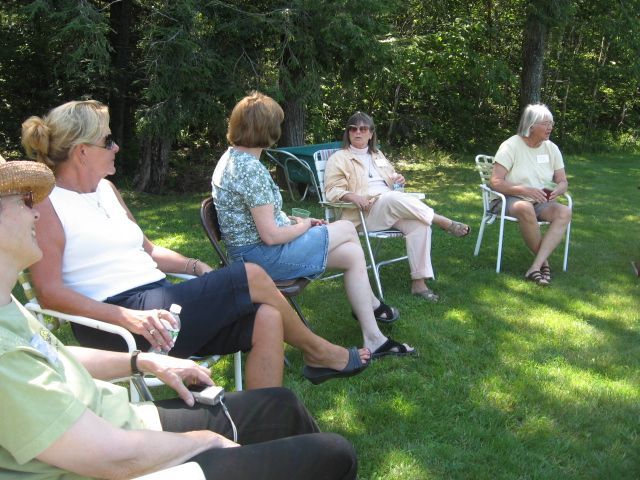
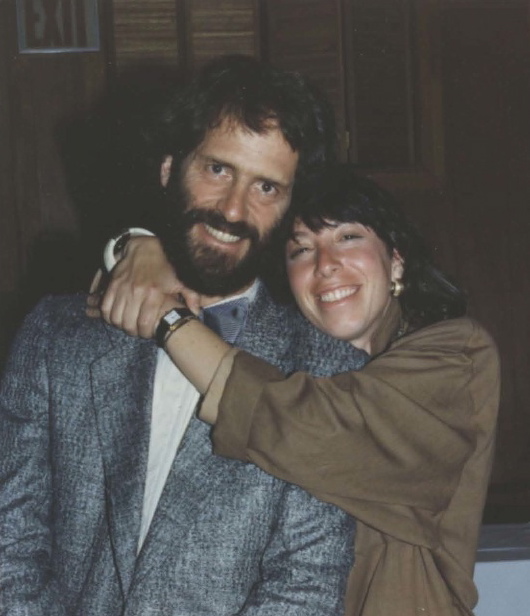 Submit a poem of any length with the required
Submit a poem of any length with the required 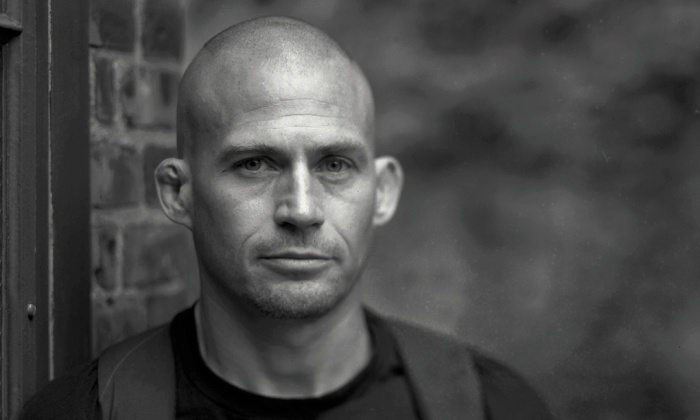 Judges Alexander Chee, Marc Fitten, and Dierdre McNamer chose Lish’s novel from 360 entries. “With ferocious precision, Atticus Lish scours and illuminates the vast, traumatized America that lives, works, and loves outside the castle gates," said McNamer. “The result is an incantation, a song of ourselves, a shout.”
Judges Alexander Chee, Marc Fitten, and Dierdre McNamer chose Lish’s novel from 360 entries. “With ferocious precision, Atticus Lish scours and illuminates the vast, traumatized America that lives, works, and loves outside the castle gates," said McNamer. “The result is an incantation, a song of ourselves, a shout.”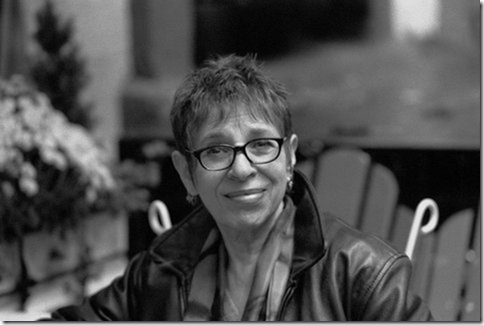
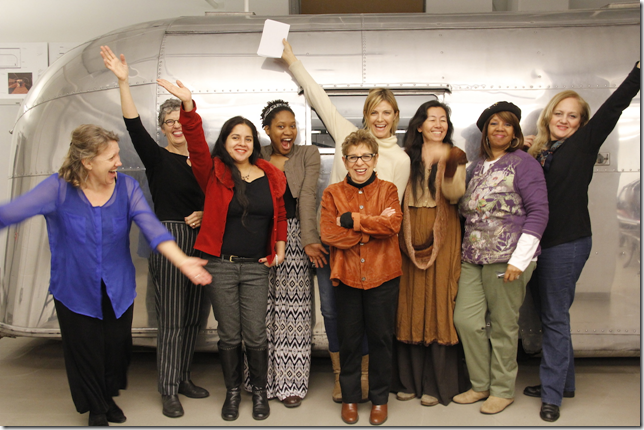
 Submit a manuscript of 48 to 100 pages with a $25 entry fee by April 15. Submissions can be made through
Submit a manuscript of 48 to 100 pages with a $25 entry fee by April 15. Submissions can be made through 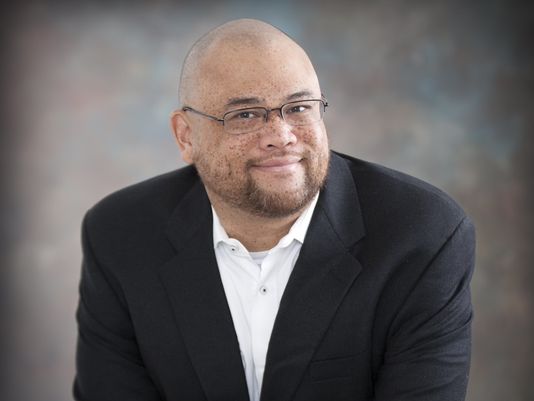 Pulitzer Prize–winning poet
Pulitzer Prize–winning poet 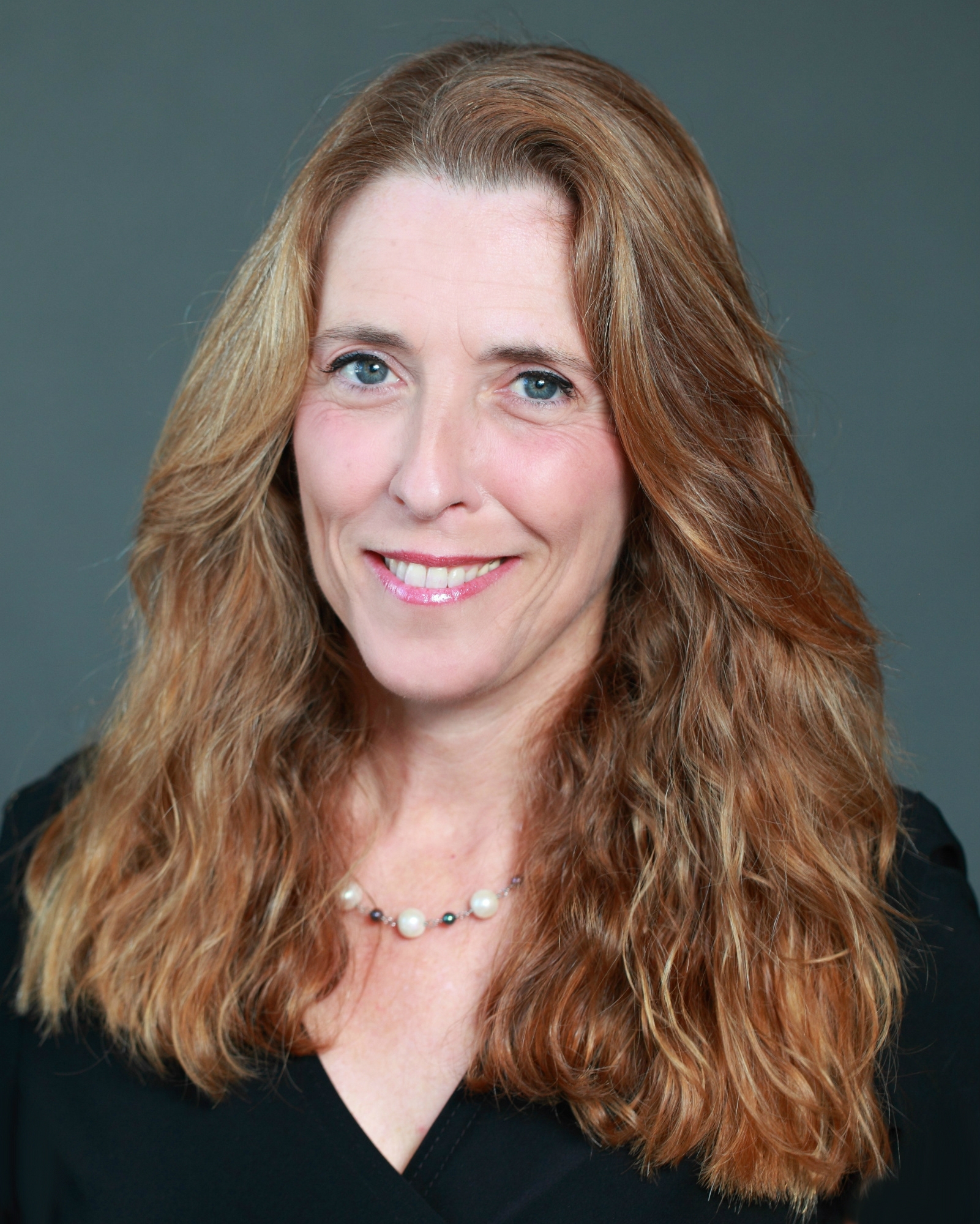 How do you prepare for a reading or workshop?
How do you prepare for a reading or workshop? Submit a manuscript of up to 26 pages with a biography, acknowledgements page, cover letter, and $15 entry fee by March 31. Writers may submit entries through the
Submit a manuscript of up to 26 pages with a biography, acknowledgements page, cover letter, and $15 entry fee by March 31. Writers may submit entries through the 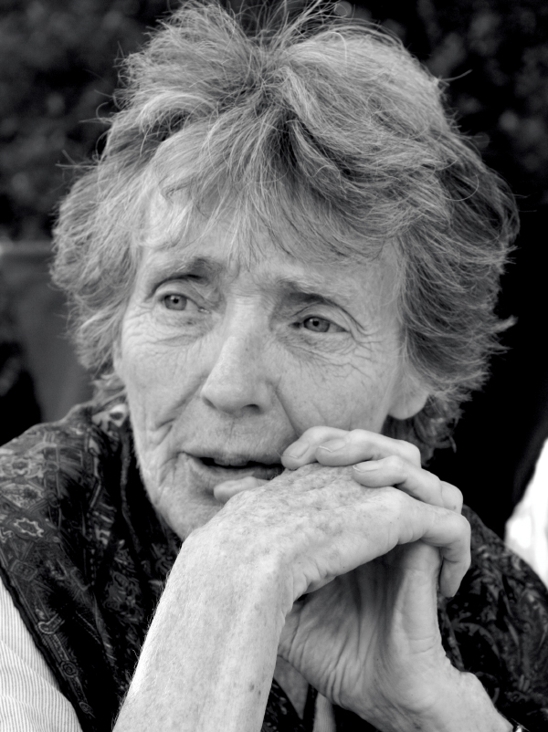 The finalists were announced yesterday at the University of Cape Town in South Africa. They are César Aira of Argentina, Hoda Barakat of Lebanon, Maryse Condé of Guadeloupe, Mia Couto of Mozambique, Amitav Ghosh of India, Fanny Howe of the United States, Ibrahim al-Koni of Libya, László Krasznahorkai of Hungary, Alain Mabanckou of the Republic of Congo, and Marlene van Niekerk of South Africa. The finalists were selected by judges Nadeem Aslam, Elleke Boehmer, Edwin Frank, Wen-chin Ouyang, and Marina Warner.
The finalists were announced yesterday at the University of Cape Town in South Africa. They are César Aira of Argentina, Hoda Barakat of Lebanon, Maryse Condé of Guadeloupe, Mia Couto of Mozambique, Amitav Ghosh of India, Fanny Howe of the United States, Ibrahim al-Koni of Libya, László Krasznahorkai of Hungary, Alain Mabanckou of the Republic of Congo, and Marlene van Niekerk of South Africa. The finalists were selected by judges Nadeem Aslam, Elleke Boehmer, Edwin Frank, Wen-chin Ouyang, and Marina Warner.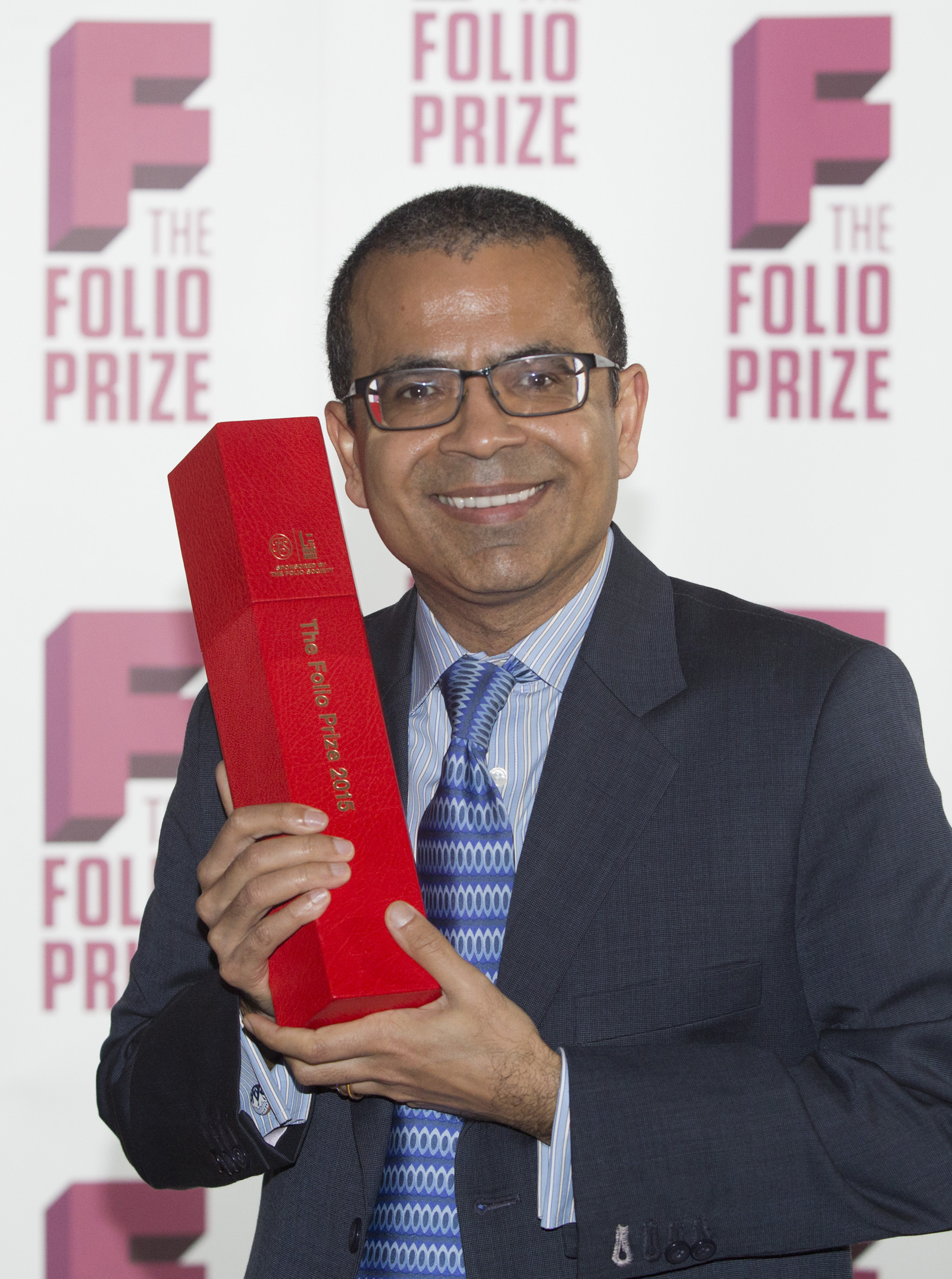 “From a shortlist of which we are enormously proud, Akhil Sharma’s lucid, compassionate, quietly funny account of one family’s life across continents and cultures, emerged as our winner,” said chair of judges William Fiennes. “Family Life is a masterful novel of distilled complexity: about catastrophe and survival; attachment and independence; the tension between selfishness and responsibility. We loved its deceptive simplicity and rare warmth. More than a decade in the writing, this is a work of art that expands with each re-reading and a novel that will endure.” The prize was judged by Fiennes, Rachel Cooke, Mohsin Hamid, A. M. Homes, and Deborah Levy.
“From a shortlist of which we are enormously proud, Akhil Sharma’s lucid, compassionate, quietly funny account of one family’s life across continents and cultures, emerged as our winner,” said chair of judges William Fiennes. “Family Life is a masterful novel of distilled complexity: about catastrophe and survival; attachment and independence; the tension between selfishness and responsibility. We loved its deceptive simplicity and rare warmth. More than a decade in the writing, this is a work of art that expands with each re-reading and a novel that will endure.” The prize was judged by Fiennes, Rachel Cooke, Mohsin Hamid, A. M. Homes, and Deborah Levy.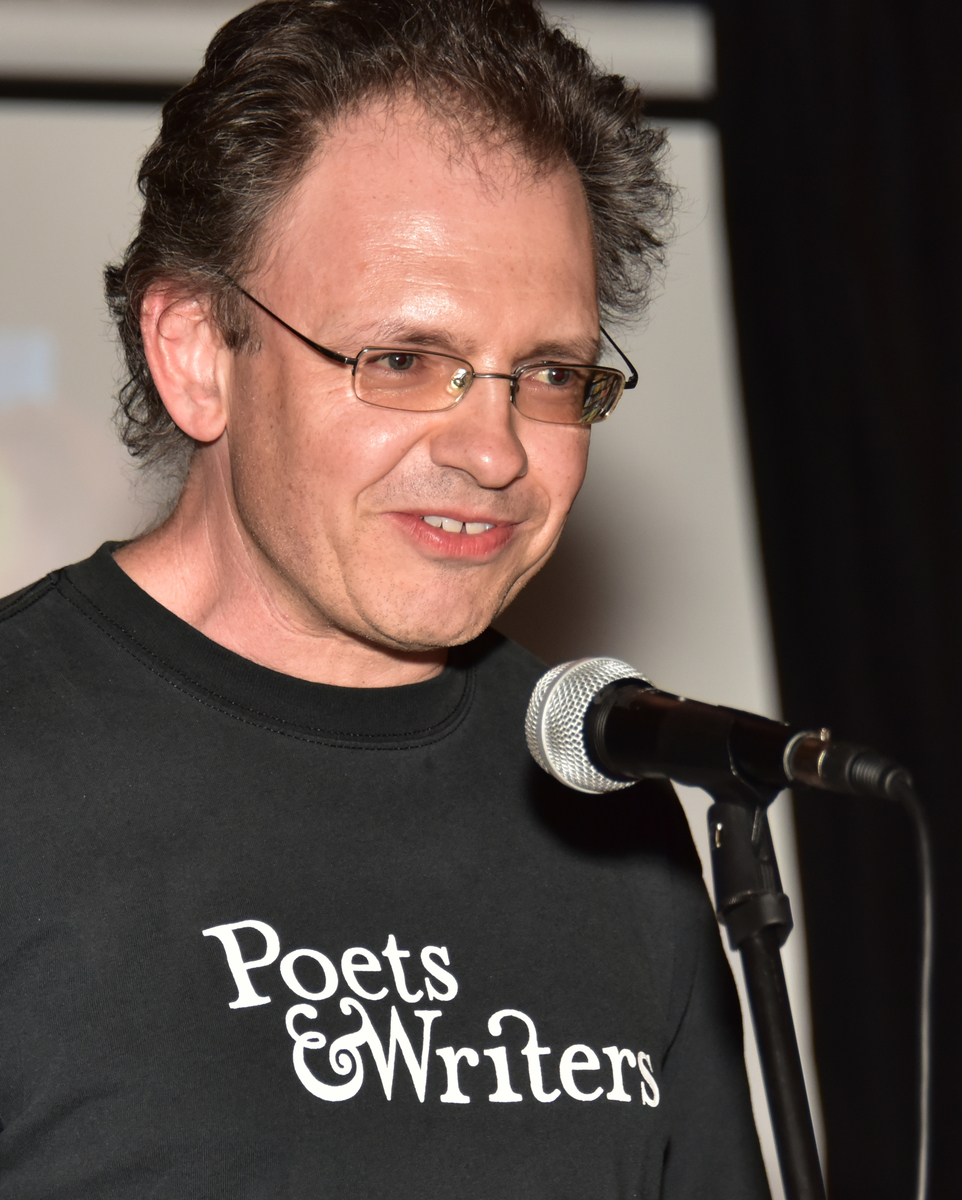
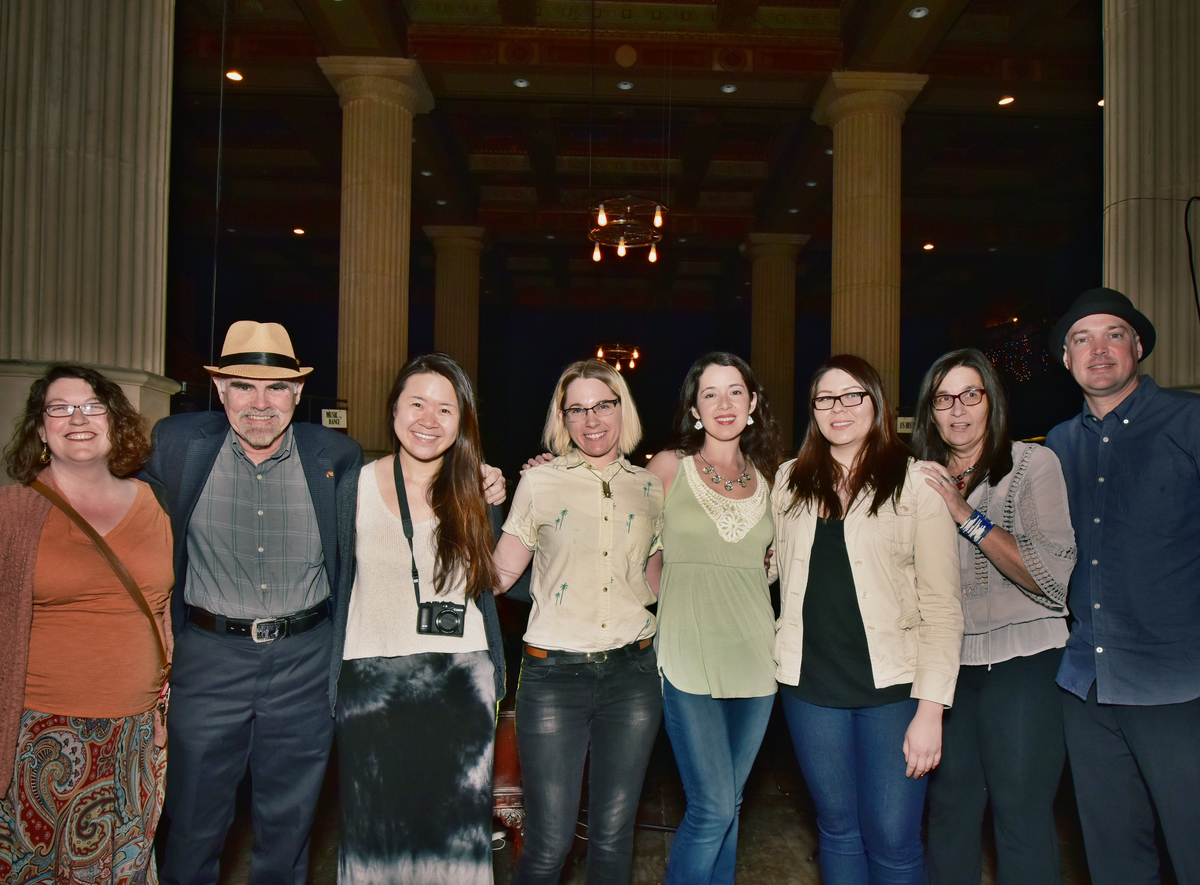
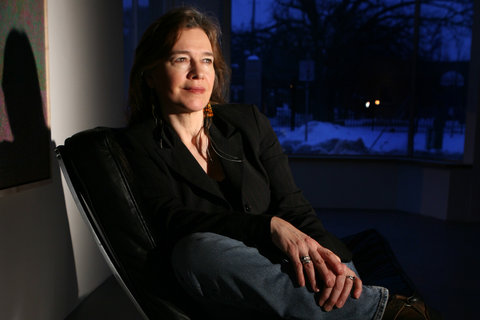 Erdrich, 60, is the author of fourteen novels, including Love Medicine (HarperCollins, 1984), The Last Report on the Miracles at Little No Horse (HarperCollins, 2001), The Plague of Doves (HarperCollins, 2009), and, most recently, The Round House (HarperCollins 2013),
Erdrich, 60, is the author of fourteen novels, including Love Medicine (HarperCollins, 1984), The Last Report on the Miracles at Little No Horse (HarperCollins, 2001), The Plague of Doves (HarperCollins, 2009), and, most recently, The Round House (HarperCollins 2013), 